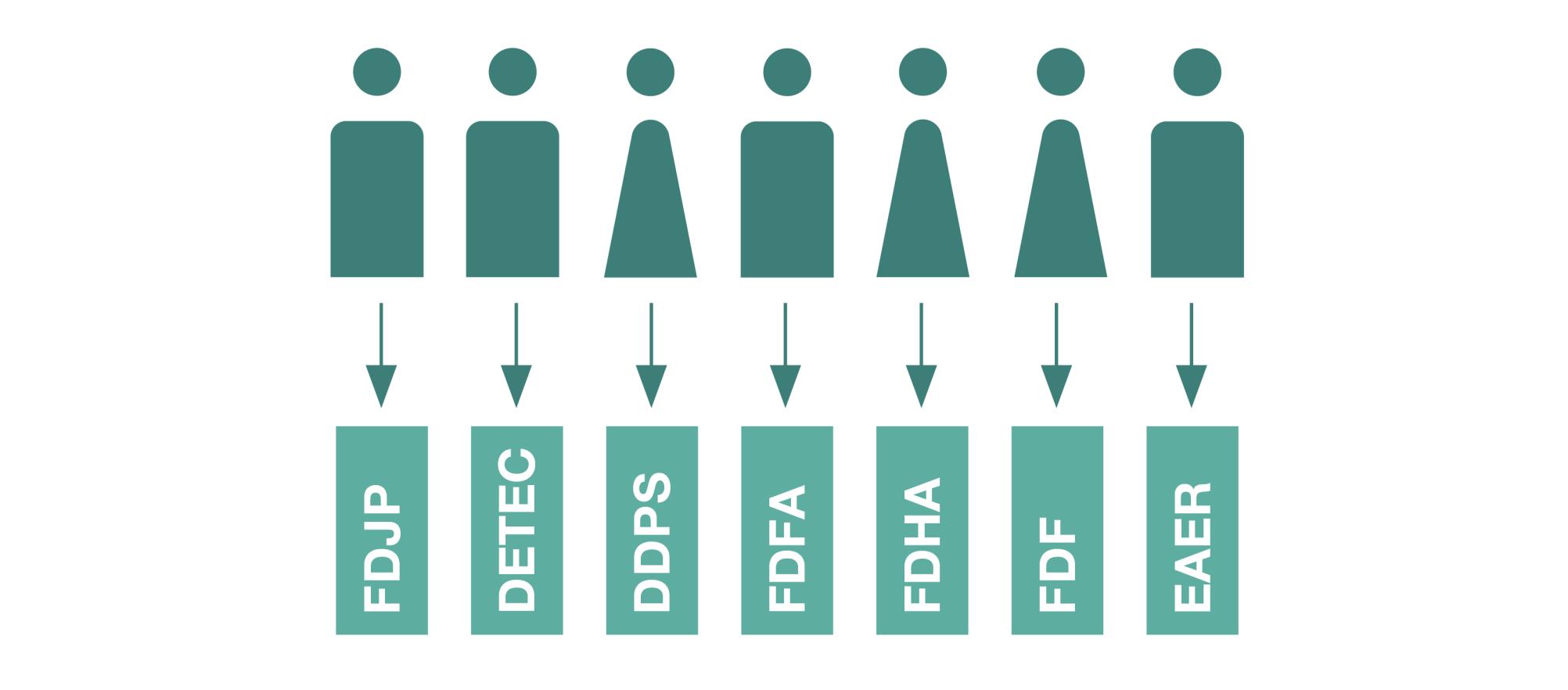The Federal Council’s tasks
Preparing legislation

The Federal Council submits new laws to Parliament and proposals on how to implement decisions taken in popular votes. Its proposals receive broad support: they take account of the views of the cantons, parties, associations and concerned groups, which are expressed in a consultation process. After these consultations, the Federal Council submits its bill to Parliament for debate and a decision.
Implementing the decisions of Parliament

As soon as Parliament has decided on a new law, the Federal Council issues the required ordinances. They set out the specifics on how the new law should be implemented. If Parliament requests particular measures, the Federal Council ensures that these are taken.
Providing information

The Federal Council informs the cantons, Parliament and the public about its decisions via a range of channels. It explains proposals that are being voted in a red booklet, which is posted to voters with their ballot papers and published on the internet.
Heading the Federal Administration

The Federal Council is in charge of the Federal Administration, which has around 40,000 employees. The Administration is organised into seven government departments. Each member of the Federal Council is the head of a department.
Planning for the future

The Federal Council sets the agenda for the future: it issues a mission statement, sets goals and indicates how it plans to invest federal funds. It has to find majority support for its plans, in Parliament and if need be among the people and the cantons.
Federal Council mission statement for the legislature period 2023 – 2027
1. Switzerland secures its long-term prosperity and harnesses the opportunities of digitalisation
2. Switzerland promotes national and intergenerational cohesion
3. Switzerland safeguards security, is committed to peace and acts coherently and reliably in the world
4. Switzerland protects the climate and takes care of natural resources
Governing in times of crisis
If Switzerland’s internal or external security is endangered and if there is an imminent threat, the Federal Council has the power to issue emergency ordinances of limited duration if it is unable to take measures based on existing legislation (Federal Constitution Art. 185). In the event of there being an exceptional risk to public health, the Epidemics Act confers wide-ranging powers on the Federal Council. In the event of severe shortages, the Federal Council may order measures to ensure the national economic supply of essential goods and services (National Economic Supply Act). In addition, the Asylum Act, the Debt Enforcement and Bankruptcy Act, the Customs Tariff Act and the Telecommunications Act also provide the Federal Council with powers to deal with crisis situations.